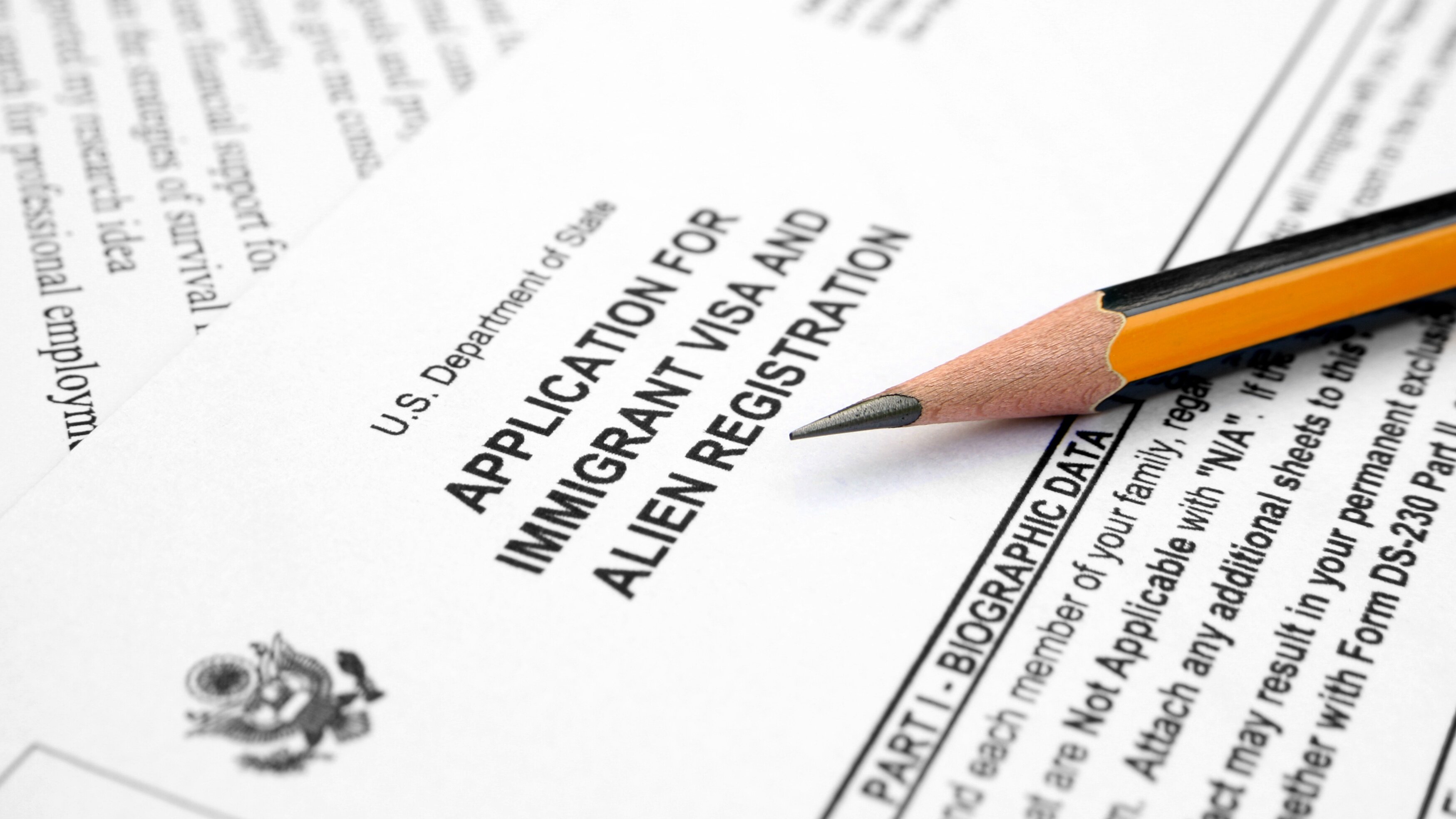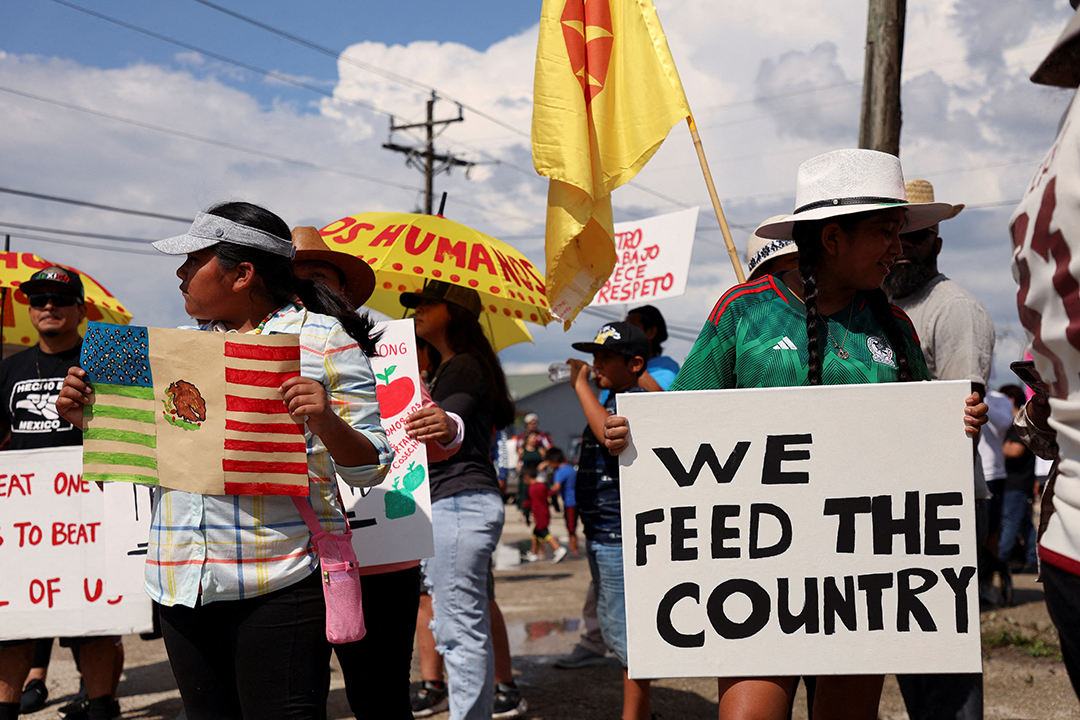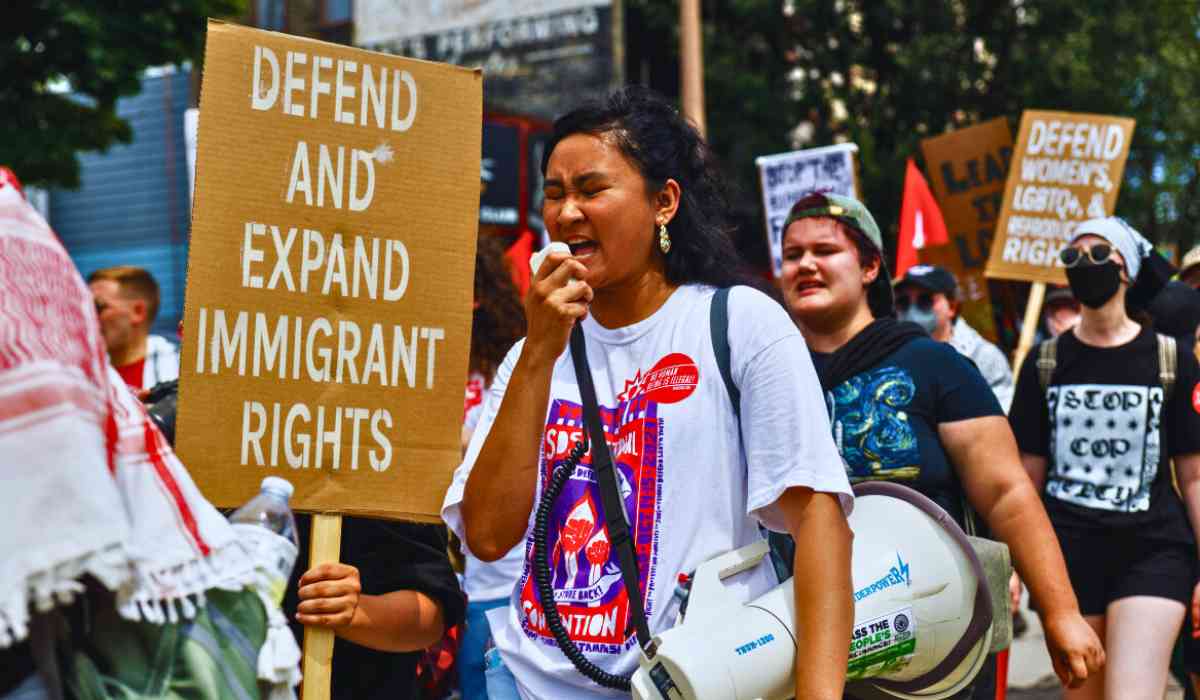Immigration laws in the United States have a profound impact on the lives of millions of people, especially students, workers, and families. These laws determine who can enter the country, how long they can stay, their ability to work or study, and the protections available to them. Changes in immigration policies often create ripple effects that influence economic opportunities, educational access, and family stability. This article explores how current immigration laws affect these three key groups in American society.
Impact on Students

Immigration laws significantly influence the educational experiences of immigrant students, particularly those who are undocumented or come from mixed-status families. While all children in the U.S. have the right to a free public education regardless of immigration status, the fear of deportation and family separation creates a stressful environment that can hinder academic performance and emotional well-being. Students often face anxiety, fear, and uncertainty about their futures, which can lead to disengagement from school activities and lower academic achievement.
Higher education access is also affected by immigration policies. Many undocumented students are ineligible for federal financial aid and scholarships, limiting their ability to pursue college degrees. Additionally, fear of exposing their or their family’s immigration status discourages some students from applying for financial assistance or enrolling in higher education programs. These barriers reduce opportunities for social mobility and economic advancement.
Impact on Workers

Immigration laws directly affect immigrant workers’ ability to find and maintain employment. Work authorization requirements, such as Employment Authorization Documents (EADs), are essential for many immigrants to work legally in the U.S. Recent policy changes have restricted access to these documents, making it harder for immigrants to secure stable jobs. Furthermore, the expansion of employer verification systems like E-Verify has increased the risk of wrongful employment denial due to system errors, disproportionately affecting immigrants.
Undocumented workers, who often fill critical roles in industries such as agriculture, hospitality, and healthcare, face heightened risks of job loss and exploitation due to stricter enforcement and limited legal protections. Employers also experience challenges complying with complex immigration regulations, which can lead to labor shortages or reluctance to hire immigrant workers. These dynamics create economic instability for immigrant workers and contribute to broader labor market disruptions.
Impact on Families

Family unity is one of the most affected areas by immigration laws. Policies that prioritize deportation and enforcement often result in family separations, with parents detained or removed while children remain in the U.S., sometimes placed in foster care or left with relatives. This separation causes severe emotional trauma for both children and parents, with long-lasting psychological effects.
Access to public benefits and social services is also limited for many immigrant families, especially those with undocumented members. Restrictions on healthcare, food assistance, and housing support increase economic hardship and reduce families’ ability to meet basic needs. Mixed-status families, where some members are U.S. citizens and others are undocumented, face complex challenges as policies targeting undocumented individuals indirectly harm citizen children by destabilizing their home environments.
Broader Social and Economic Implications

The effects of immigration laws extend beyond individuals and families to impact communities and the economy. Increased poverty and social instability among immigrant populations strain local resources such as schools, healthcare systems, and social services. Schools, in particular, face challenges accommodating students affected by immigration enforcement, including higher absenteeism and the need for mental health support.
Economically, restrictions on immigrant workers can lead to labor shortages in key sectors, reducing productivity and increasing costs. At the same time, immigrant families contribute significantly to local economies through consumption, entrepreneurship, and taxes. Policies that undermine their stability risk weakening these contributions and exacerbating social inequalities.
Conclusion

Immigration laws in America shape the lives of students, workers, and families in deep and complex ways. While designed to regulate entry and protect national interests, these laws often create uncertainty, fear, and hardship for immigrants striving to build better lives. To foster a more inclusive and prosperous society, immigration policies must balance enforcement with compassion, ensuring access to education, fair employment opportunities, and family unity. Only then can the full potential of immigrant communities be realized for the benefit of all.
With inputs from agencies
Image Source: Multiple agencies
© Copyright 2025. All Rights Reserved Powered by Vygr Media.


















